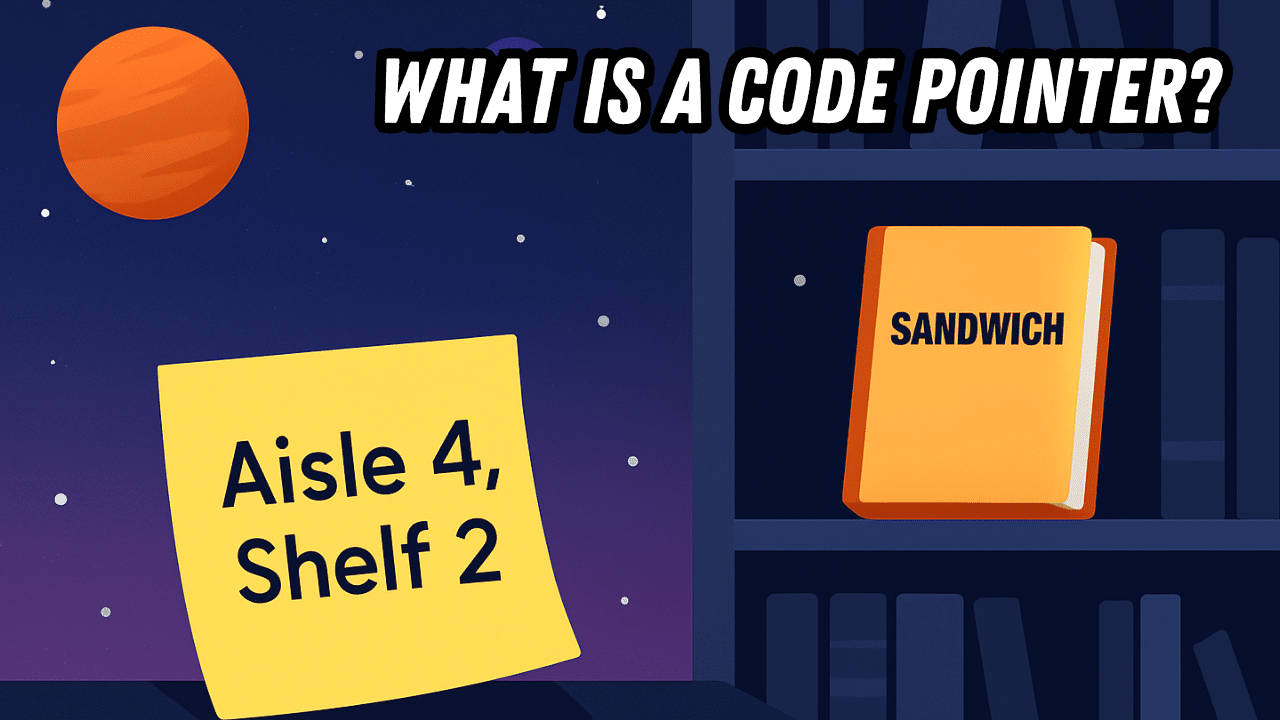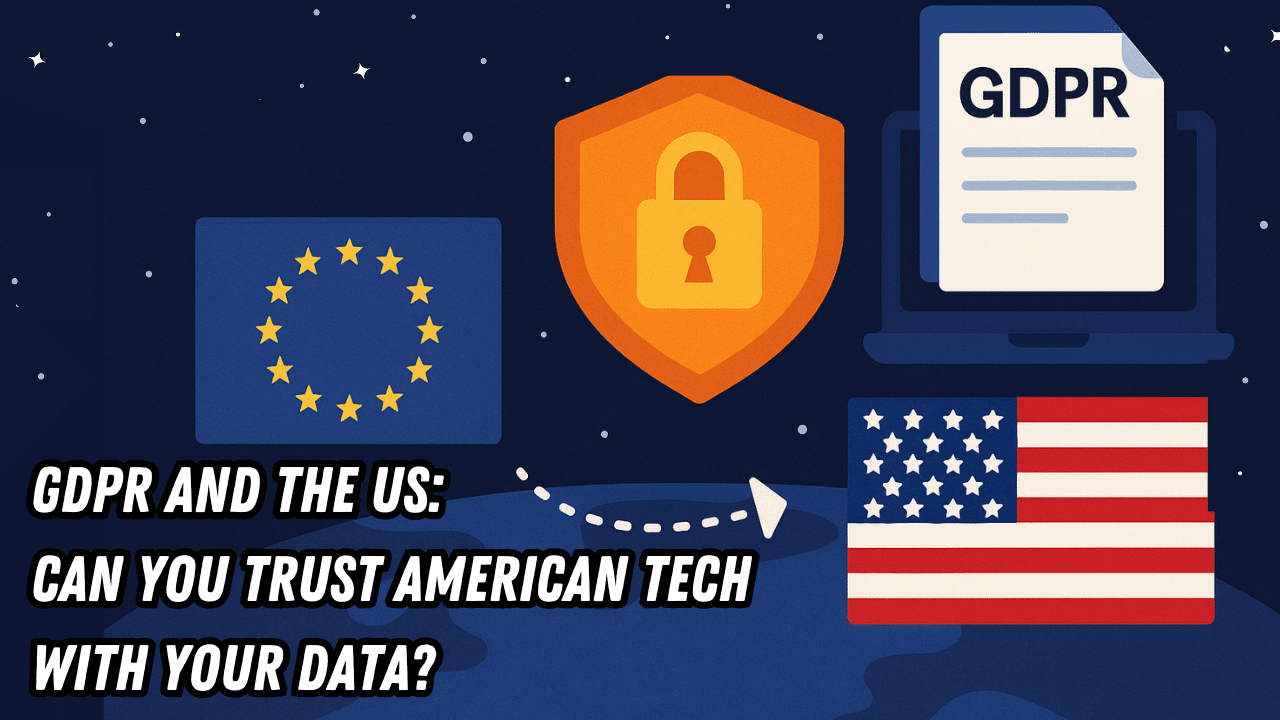
21 January 2025

Pavel Durov, CEO of the messaging app Telegram, has been at the centre of global attention after his recent arrest at Leou Airport in France. For those who aren’t familiar, Durov is the man behind VK, Russia’s equivalent of Facebook, which he founded at just 22 years old. However, it’s Telegram, the secure messaging platform he launched in 2013, that has truly made his name known to millions worldwide.
Telegram: A Platform for Privacy, or a Haven for Criminals?
Telegram quickly became one of the most popular messaging apps for users who value privacy, offering encryption so strong that even intelligence agencies have struggled to crack it. This focus on user privacy has attracted close to a billion users globally. But this same commitment to privacy is now under fire.
French authorities recently charged Durov with several serious accusations, including failure to moderate criminal content on Telegram and refusing to cooperate with law enforcement. The charges suggest Telegram has become a breeding ground for illegal activities like drug trafficking, child exploitation, and fraud. Critics argue that Telegram’s loose moderation policies have turned it into a “dark web with a better interface.”
Durov has always defended Telegram’s approach, arguing that while the platform moderates content, it does so in a much lighter way compared to the likes of Facebook or Instagram. However, the fact that Telegram has declined to join international programs aimed at combating online child abuse has raised significant concerns.
A Debate on Privacy vs Accountability
Durov’s arrest has ignited a heated debate on privacy and accountability in the digital age. Figures like Edward Snowden and Elon Musk have come out in support of Durov, claiming his arrest is an attack on human rights. However, this situation begs the question: should tech CEOs be held personally responsible for illegal activities happening on their platforms?
Telegram allows massive groups of up to 200,000 users to communicate and share content, which makes moderation a significant challenge. But if platforms like Facebook and WhatsApp have systems in place to tackle illegal content, why not Telegram?
The outcome of Durov’s legal troubles could shape the future of online privacy. Will users continue to trust Telegram if authorities gain access to its encryption keys? More importantly, will Durov’s arrest lead to tighter regulations across all messaging platforms?
What’s Next for Telegram and Online Privacy?
The arrest of Pavel Durov opens a broader conversation about the balance between privacy and security. How do we protect personal freedoms online while ensuring that platforms aren’t abused for criminal purposes? Durov’s case could set a precedent for whether tech CEOs should be held accountable for their users’ actions.
Curious to learn more? Watch our full video HERE and explore the heated debates around privacy, security, and the future of Telegram.
Be sure to visit our website for more insights into the world of technology and for the best teaching resources for computer science and business studies.
Stay informed, stay curious!










